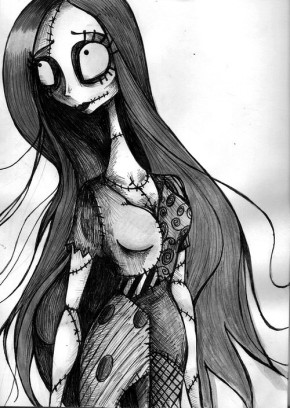The Power of Nature in Romanticism: “The Rime of the Mariner” and Frankenstein
For centuries the story of Frankenstein’s monster has been a source of entertainment and fear for people all over the world. Mary Shelley’s iconic novel has inspired songs, art, and Halloween decorations since… Continue reading


















